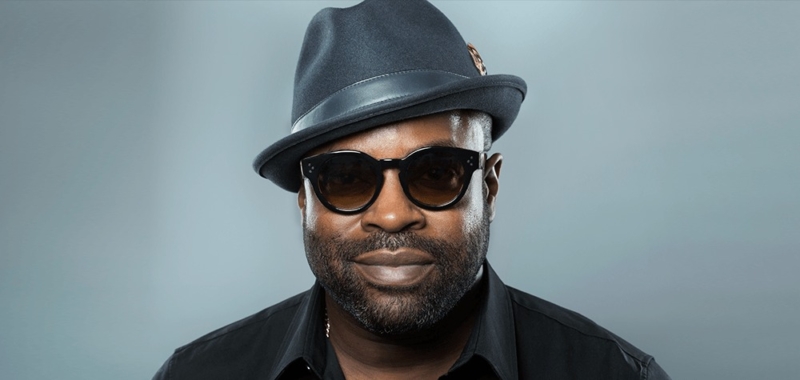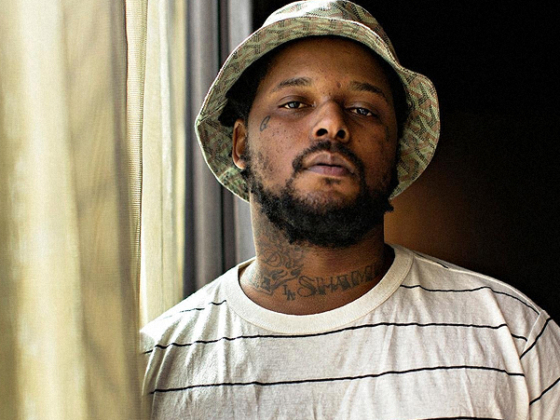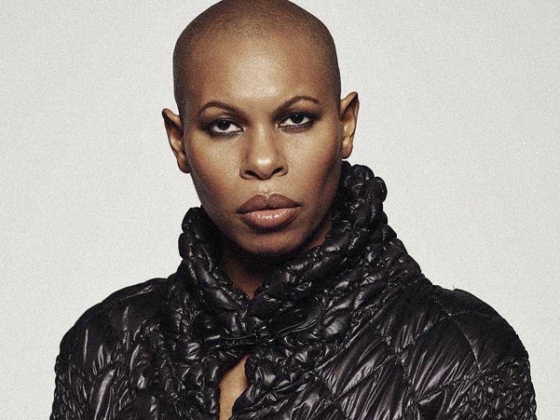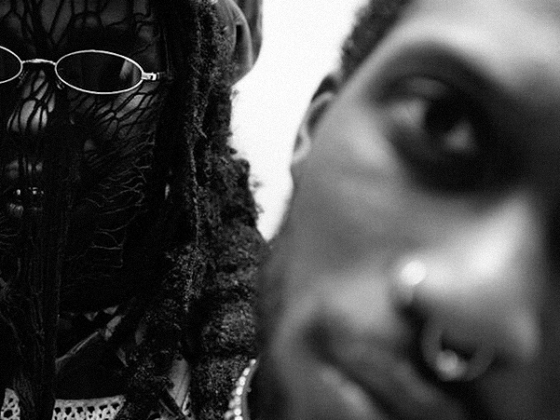Black Thought and Danger Mouse bring vintage crackle with a backbone in new video “No Gold Teeth”

In news which is guaranteed to send the more discerning end of the underground hip-hop spectrum into a cognac-swirling frenzy, Black Thought of Philadelphia’s legendary Roots crew is forming a…
Share










